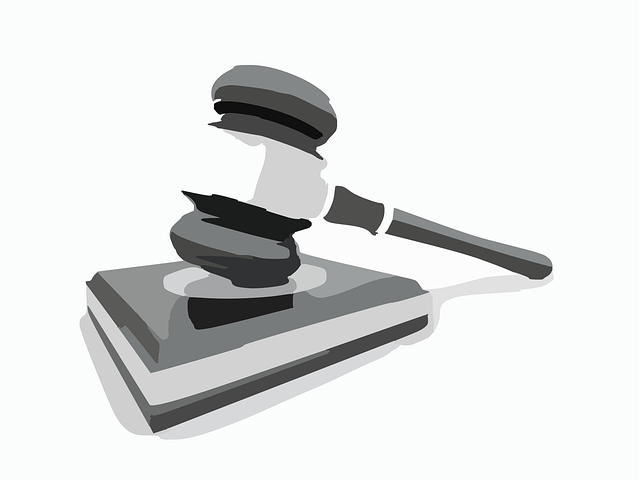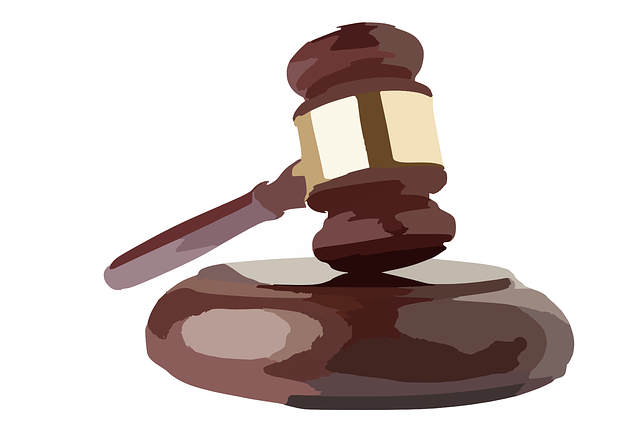To qualify for a medical malpractice settlement, individuals must prove healthcare professional negligence caused injury, within statutory time frames, by demonstrating deviation from accepted standards of care and direct causal link to injuries, using evidence like medical records and expert opinions. Success requires establishing doctor-patient relationship, breach of duty, and causation between malpractice and harm. Insurance disputes common, needing negotiation for fair compensation.
“Are you considering pursuing a medical malpractice settlement? Understanding who qualifies is crucial. This comprehensive guide delves into the eligibility criteria for those seeking compensation for medical errors. From identifying who can file a claim and the required evidence, to factors ensuring case success, this article navigates the intricate landscape of medical malpractice settlements. Discover key requirements and gain insights to strengthen your case.”
- Understanding Eligibility for Medical Malpractice Settlements
- Who Can File a Claim: Requirements and Criteria
- Factors Determining Success in Medical Malpractice Cases
Understanding Eligibility for Medical Malpractice Settlements

Understanding Eligibility for Medical Malpractice Settlements
In order to be eligible for a medical malpractice settlement, individuals must first establish that they have suffered an injury due to the negligence of a healthcare professional. This involves demonstrating that the doctor or medical facility failed to adhere to accepted standards of care and that this failure directly resulted in harm. Medical records, expert testimony, and other relevant evidence are crucial in substantiating these claims. An Orlando accident lawyer or Miami auto accident attorney can guide individuals through this process, ensuring they meet all necessary criteria.
Additionally, the injury claim must fall within a statutorily defined time frame, which varies by jurisdiction but generally requires that legal action be initiated within a specific number of years from the date of the malpractice. Understanding these eligibility requirements is essential for anyone considering a medical malpractice settlement to ensure their case has merit and can proceed successfully.
Who Can File a Claim: Requirements and Criteria

In order to file a successful claim for a medical malpractice settlement, individuals must meet certain criteria and requirements. The first step is to establish that there was indeed a deviation from the accepted standard of care during a patient’s treatment or diagnosis. This means proving that a healthcare professional failed to adhere to the level of skill and knowledge expected of them in their field. Medical records, expert opinions from qualified professionals, and detailed accounts of the incident can serve as key pieces of evidence in such cases.
Additionally, it is crucial to demonstrate a direct causal link between the malpractice and the patient’s injuries or damages. This involves showing that the substandard care resulted in harm or exacerbation of existing conditions. Those who qualify to file a claim include patients themselves, their legal guardians, or even family members if the victim is unable to consent due to cognitive impairments or complications from the alleged malpractice. In some cases, a personal injury attorney specializing in medical malpractice can guide individuals through the process, ensuring they meet all necessary criteria before pursuing a settlement claim, especially in complex situations such as nursing home abuse cases.
Factors Determining Success in Medical Malpractice Cases

Several factors determine success in medical malpractice cases. Firstly, the plaintiff must establish that a doctor-patient relationship existed. This is crucial as it sets the foundation for the duty of care the healthcare provider owes to their patient. Secondly, they need to prove that the healthcare professional breached this duty by deviating from the accepted standard of care. Medical experts often play a pivotal role in confirming these deviations.
Additional considerations include the causation link between the alleged malpractice and the harm suffered by the patient. The plaintiff must demonstrate that but for the doctor’s negligence, the outcome would have been different. In Florida, including Orlando, where medical disputes can be complex, an auto accident lawyer or a specialist like an Orlando truck accident lawyer could provide invaluable guidance. Insurance disputes are also common in these cases, as settling claims involves negotiating with insurance companies to ensure fair compensation for damages.
Understanding who qualifies for a medical malpractice settlement is crucial for individuals seeking justice. By knowing the specific criteria, such as proof of negligence and damages, victims can navigate the complex process with confidence. With the right evidence and a strong case, anyone who has suffered due to medical errors can file a claim, ensuring they receive the compensation they deserve for their experiences.






